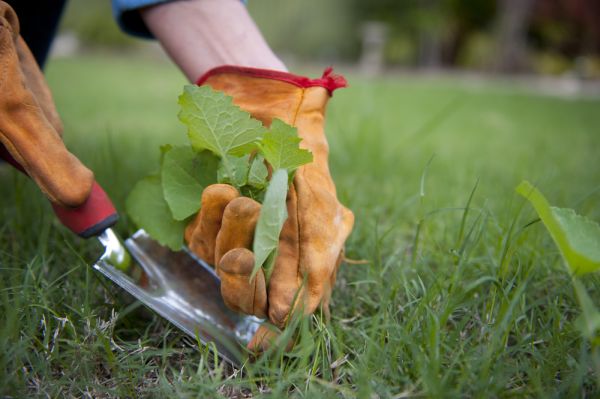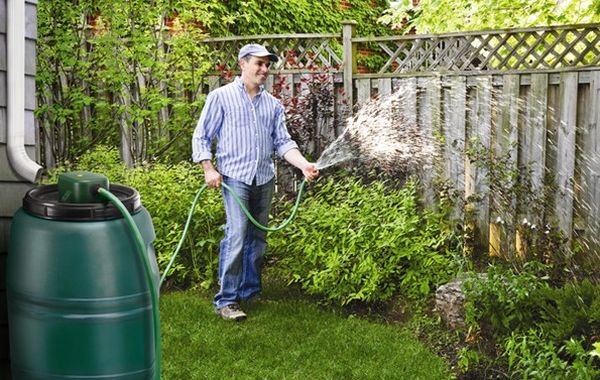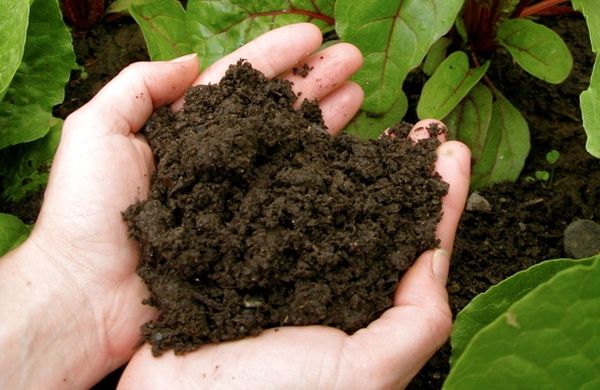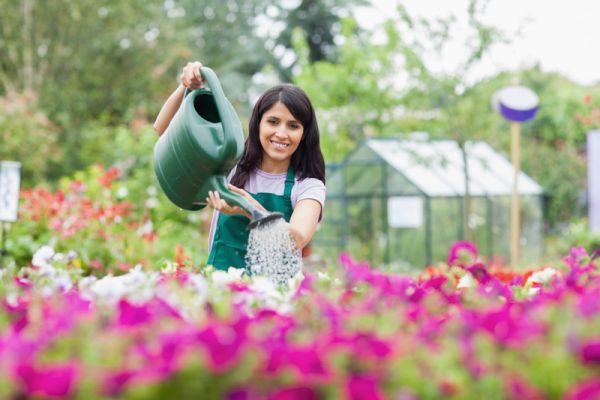Changing your lifestyle to become zero waste is hard. It requires hard work, determination, and the willingness to change. But even though it’s hard, the reward you get back from it is worth it. Here are a couple tips to help you reach your goal in reducing waste in the yard.

Plants and landscape
For dry climates
If you live in a place that is constantly getting droughts and months without rain then you need to get rid of any plants that need a lot of water. These plants will steal water from your other plants and they won’t do you any good in the long run.
Instead, switch to native plants that are acclimated to your weather. These plants were made to live in the same environment as you so they will be easier to care for than non-native plants.
If you live in a dry climate and you have a lawn full of lush grass that you have to water constantly so it stays green, stop. Do not waste precious water this way.
Design your landscape to reflect your natural environment. However if you are dead-set on having a yard full of grass, consider harvesting rain water. That way you don’t use potable water for plants.

Other Climates
For people who don’t have to worry about water restrictions, harvesting rain water will be good for you as well. Greywater collecting is also beneficial. When you are waiting for your water to get hot, collect that greywater and use it in your garden. There are also systems available that you can set up to filter water from showers and use it for the lawn sprinkling system.

Garden
Compost in the gardening world is essential. It provides plants with needed nutrients and helps them grow. Instead of buying compost from gardening stores, make your own using table scraps.
Composting is a good way of helping you go zero waste in the kitchen and in the garden. Compost the food that you didn’t eat and turn it into food for your plants. But be careful what you use in your compost. Only use organic materials. Try and stay away from protein materials such as animal meat and dairy.
Use durable tools for your garden. Cheap tools will break quickly and you will have to buy more.
Another option is borrowing tools from friends and family. If you don’t do much yard work, or if you rarely have to do yard work, consider renting tools.




